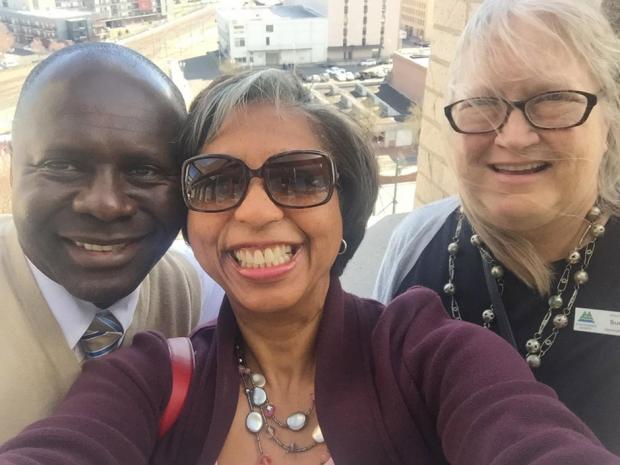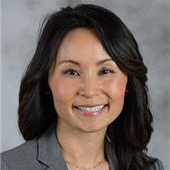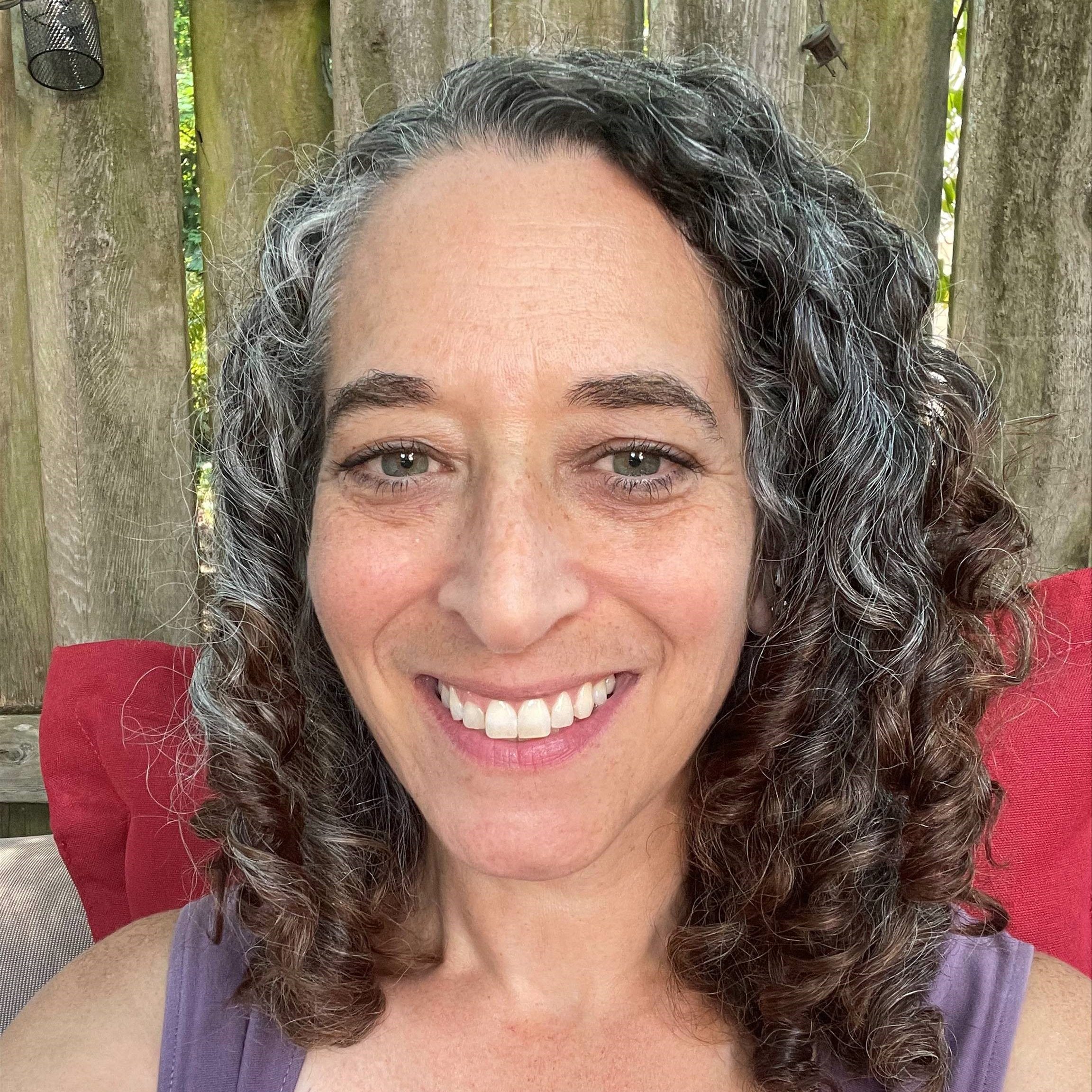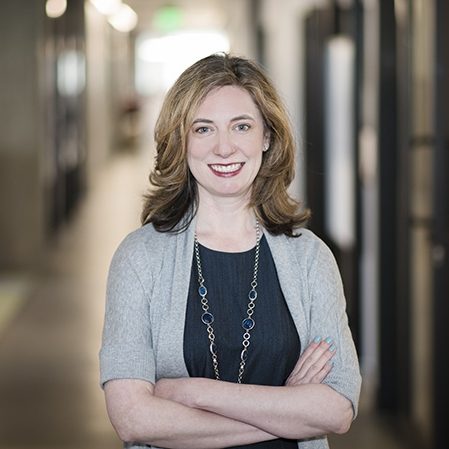
I’ve been grateful to serve in the public health sector. I am proud of the work that Multnomah County Health FQHC clients, colleagues and I did over the years to innovate health service delivery and improve overall health in the region. I know firsthand the importance and heart that America’s Community Health Center movement brings to every community they partner with.
I transitioned to my role as President and CEO of Arcora Foundation less than a month before COVID-19 hit Washington state. Even faster than my team’s shift to remote work was our state’s community health centers’ (CHCs) shift into pandemic response. Clinic teams masked up and met patients where they were at, providing trustworthy and compassionate care during a time when hospitals were reaching capacity at alarming rates.
We know CHCs have always been leaders in innovating care for lower-income people and communities of color. And this past year and a half has more than proven how essential these centers are to Washington state’s progress towards health equity.
Arcora Foundation was in a fortunate position to grant more than $4 million to safety net and tribal dental clinics throughout Washington to help prevent the loss of essential oral health care for tens of thousands of underserved individuals. But as COVID-19 and its variants are continuing to disproportionality impact Black, Indigenous, Latinx and other populations of color, we know philanthropy and policy makers can do more to support our state’s safety net.
Please join me and some of Arcora Foundation’s trusted partners in recognizing and celebrating the value of CHCs during National Health Center Week and beyond.
Vanetta Abdellatif is the President and CEO of Arcora Foundation.
“National Health Center Week is a wonderful opportunity to celebrate the commitment from health center staff to serve our most vulnerable patient populations. In the past year, CHCs have stepped up to the plate to play our part in the pandemic response, providing COVID testing and vaccinations to our diverse communities in culturally sensitive ways. Our dental programs have been responsive and adaptive to the evolving safety measures to ensure that our patients still have access to preventative and therapeutic oral health care, which is doubly important considering the connections to systemic chronic conditions, such as diabetes and cardiovascular disease.”
Sue Yoon, DMD, is the Chief Dental Officer for Community Health Center of Snohomish County

“Early dental care is one of the most effective preventive care opportunities we have. School-based health centers (SBHCs) provide this care in an accessible, youth-friendly setting to set up students for a lifetime of good health. Even when the pandemic closed school doors for learning, King County’s CHC SBHCs were at our schools for screenings and ongoing dental treatment. And despite the closures, we provided 80% of services we would have provided otherwise. It’s significant to recognize that families felt schools were a safe space for their children to receive dental and medical care during a time of uncertainty.
SBHCs offer equal access to children who may otherwise go without a dental home. Most importantly, they remind us how oral care is integral to whole-child health and wellness. On National Health Center Week, we encourage policy makers and the public to remember that dental care is part of primary care. And SBHCs are key to making that integration possible.”
Sara Rigel, MPH, leads School-Based Partnership and Child Care Health Programs for Public Health – Seattle & King County

“For 13 years, I worked alongside Arcora Foundation team members and CHC partners to improve oral health for our state’s most underserved populations. Now, in my role as Chief Mission Officer for Delta Dental of Washington, I’m in the fortunate position to help keep our mission central to our work. We are accountable to the communities we aim to serve and must work to find ways to make it easier for people to avoid oral disease and get quick treatment when they need it. CHCs will remain a key partner in these efforts.
Washington state is lucky to have over 350 CHC and migrant health clinics helping to improve access to innovative, culturally appropriate dental care. Because of these health centers, we’re making great progress towards reducing disparities and the complications that come with poor oral health. I look forward to all we can do together to improve oral and overall health for everyone, with no one left behind.”
Diane Oakes, MPH, is the Chief Mission Officer for Delta Dental of Washington and previous President and CEO of Arcora Foundation. She currently serves on the Arcora Foundation Board of Trustees.

“When vulnerable communities looked for trusted sources to guide them through the pandemic, they turned to their CHCs. Rooted in the community, CHCs provide culturally appropriate and compassionate integrated health care, serving more than 1.2 million Washingtonians each year. This National Health Center Week, we acknowledge the essential role they continue to play in addressing COVID-19, particularly in rural and farming communities and communities of color across the state.
CHCs are also critical to improving our state’s oral health, working to expand access to care for both children and adults. Less than a quarter of adults on Medicaid access dental care. This legislative session, CHCs secured capital funding to build new dental clinics to address this shortage. With untreated oral disease negatively impacting chronic conditions such as diabetes, these efforts will improve the overall health of our communities. That is something to celebrate during National Health Center Week.”
Jessica Bateman is the State Representative for the 22nd Legislative District and the district’s Vice Chair, Health Care & Wellness

